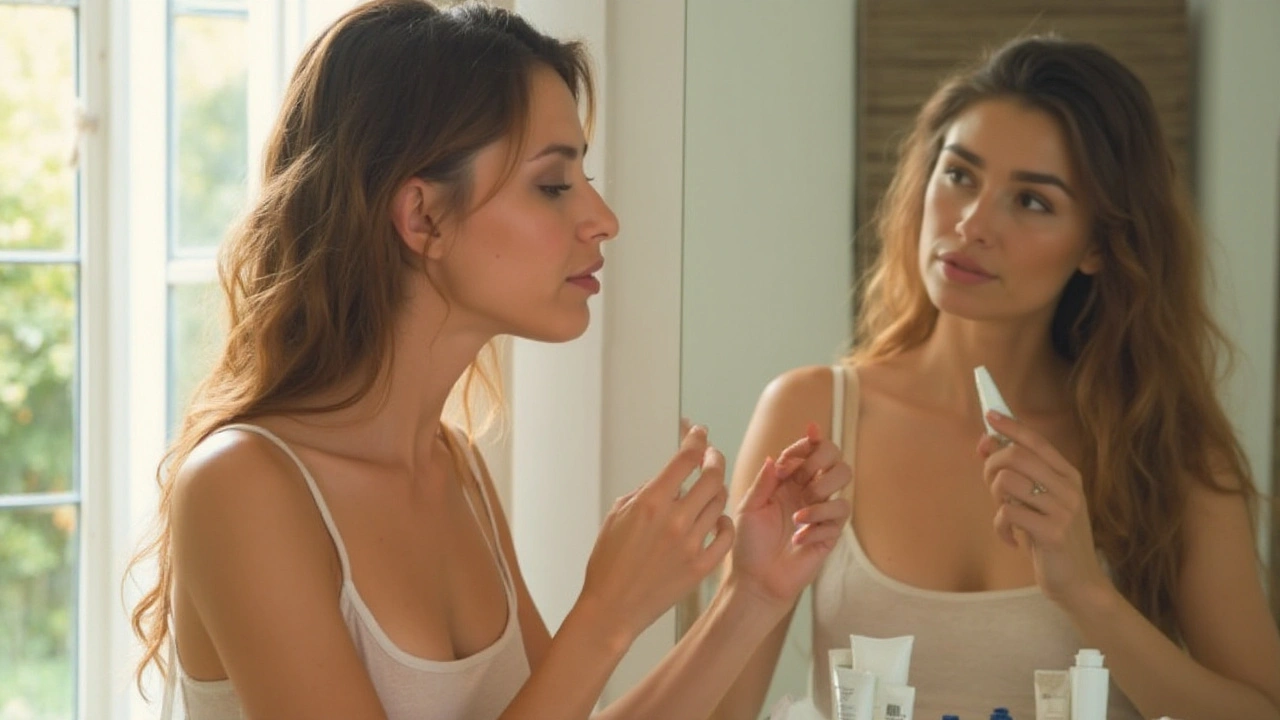

Taking care of your skin is not just about looks—it’s about keeping it healthy and comfortable every day. Whether you're dealing with freckles or struggling with pigmentation issues like melasma, knowing what’s happening beneath the surface helps you make smarter skin care choices. Don’t worry, skin health isn’t complicated once you get the basics down.
First off, freckles are more than cute spots—they’re your skin’s natural response to sun exposure, influenced by your genes. That means while you can't completely erase them, protecting your skin from UV rays with sunscreen daily is key. It’s the best way to prevent new freckles and avoid worsening pigmentation.
Pigmentation disorders cover a range of skin color issues, from dark patches (like melasma) to light spots (like vitiligo). These conditions can be tricky but knowing their triggers—such as sun exposure, hormones, or inflammation—can help you manage them better. For example, gentle skincare products without harsh chemicals reduce irritation that could worsen pigmentation.
And don’t underestimate hydration; keeping your skin moisturized supports its natural barrier, making it stronger against damage. Drinking plenty of water and eating antioxidant-rich foods also help protect your skin from inside out.
Look for products that suit your skin type—dry, oily, or sensitive—and always patch test new items. If you notice unusual spots or changes in your skin, see a dermatologist. They can give you a clear diagnosis and recommend treatments tailored to your needs.
At the end of the day, consistent care beats quick fixes. Shielding your skin from sun damage, using gentle cleansers, and keeping it hydrated go a long way. And remember, healthy skin starts with understanding what it really needs—not from chasing every trendy product.

In the quest to manage acne, many look for alternatives to Isofair due to its side effects or in cases where it's not suitable. This article delves into five alternative treatments, each with its own mechanism of action and benefits. From antibiotics and hormonal treatments to topical solutions, these alternatives provide varied approaches to acne care. Understanding the pros and cons of each can help individuals make informed decisions about their skin care routines.